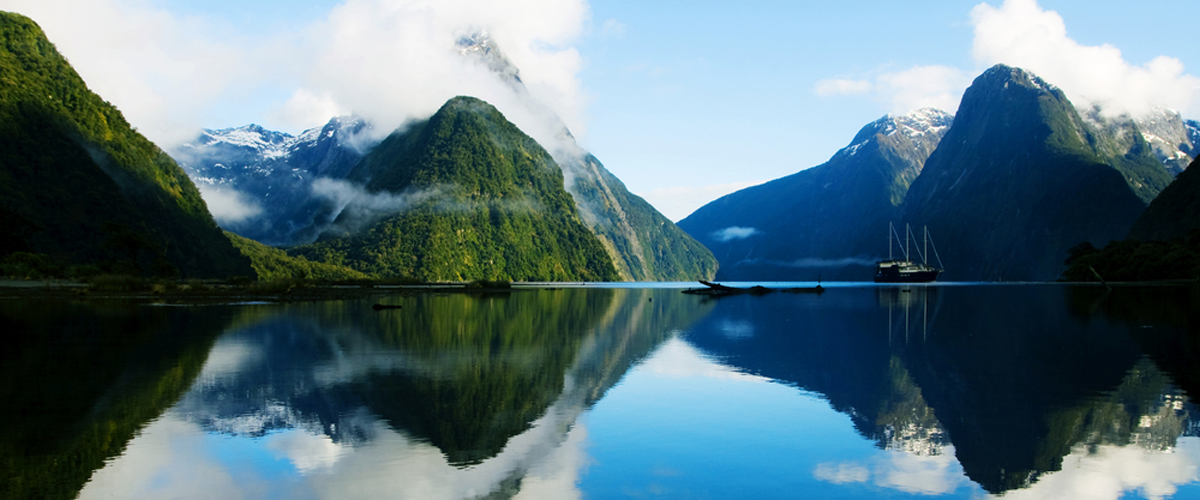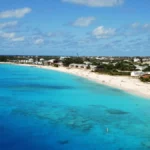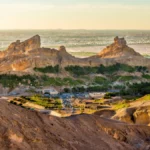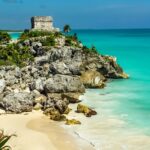Living in New Zealand
Teaching in New Zealand
New Zealand offers an excellent education system, priding itself for being among the top 20 countries in the world for their quality of education (according to the 2015 BBC UK Global School Rankings). While the demand for primary and secondary teachers and early childhood educators is high, it can be difficult for overseas trained teachers to secure teaching jobs in New Zealand unless you have training listed on Immigration New Zealand’s skills shortage list and the hiring body can show that it was unable to recruit a suitable New Zealand teacher.
How to find teaching jobs in New Zealand
Schools and early childhood services in New Zealand are responsible for hiring their own staff. Since there is no central staffing agency or government department responsible for teacher recruitment, you must apply directly to school or institution you wish to work for. It is advised that teachers visit online teacher job boards to find and apply for teaching jobs in New Zealand.

Teaching in New Zealand Opportunities
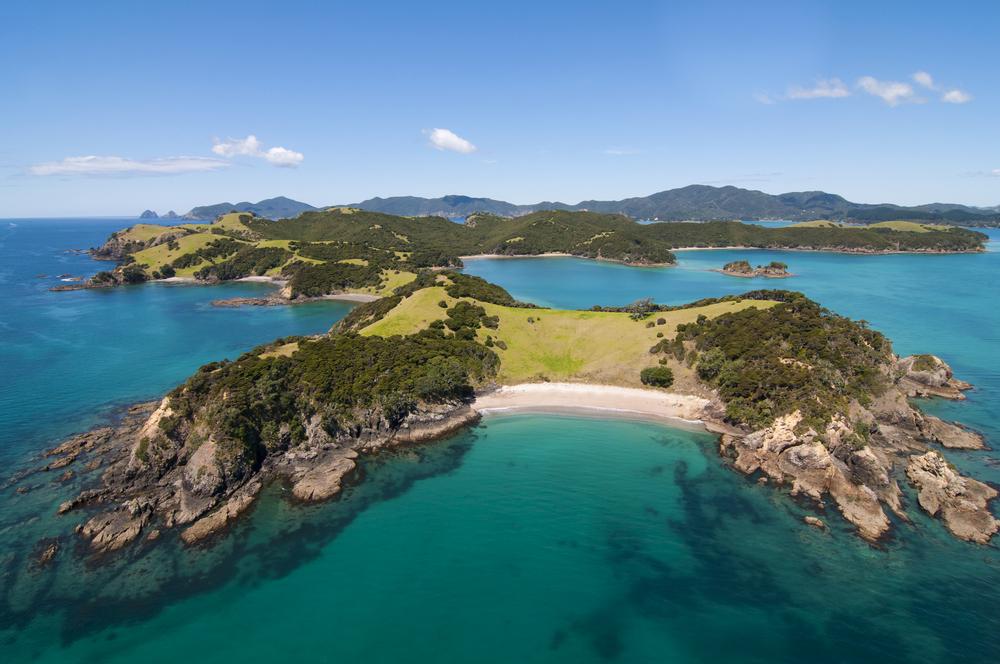
Schools in New Zealand

Qualifications for Teaching in New Zealand
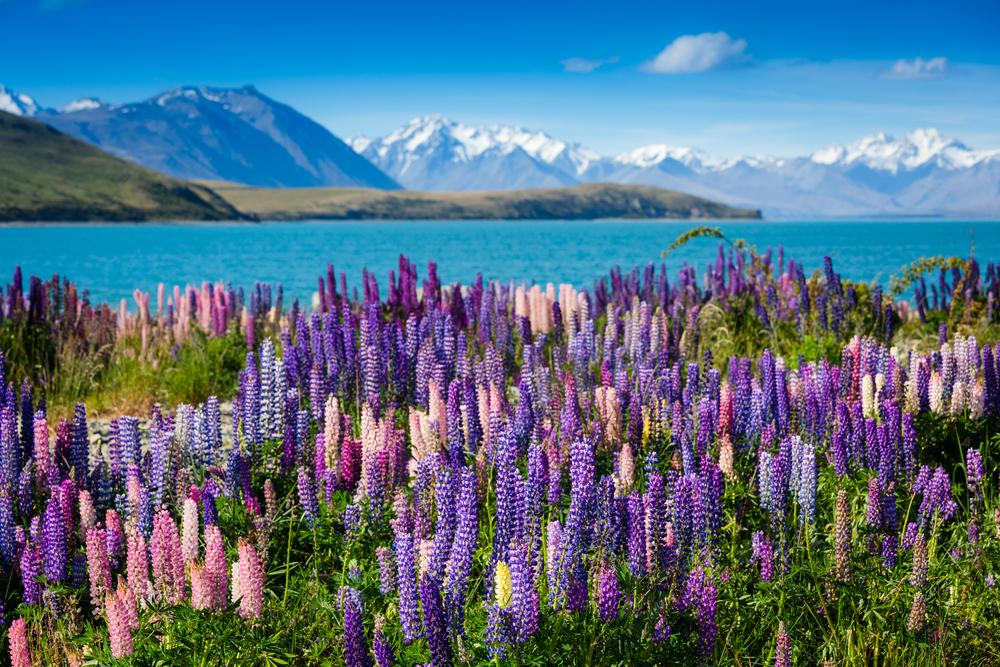
Typical School Day
Visa Requirements for Teaching in New Zealand
There are two ways to obtain a working visa to teach in New Zealand. Depending on your qualifications, you may qualify for a working visa in which you will secure a teaching job before your arrival and your school will sponsor your visa. This may be pose a challenge, as the school needs to be able to prove to Immigration that they were unable to fill the vacancy with a New Zealand teacher. Typically, this type of work visa will be limited to teachers whose skills and training are listed on the Immigration New Zealand skills shortage list. On the other hand, many teachers qualify for a working holiday visa and begin their job search after receiving their visa and arriving to the country. In order to apply for a working holiday visa, you must:
- Be a citizen of a country that has a working holiday agreement with New Zealand
- Meet Working Holiday basic requirements, such as age, health and character prerequisites
- Meet specific criteria based on the applicant’s country of origin, including the length of stay and available funds
- Have not qualified under the Working Holiday Visa Scheme before.

TEFL Certification to teach in New Zealand
Teach in New Zealand
Register for a teacher account to apply for teaching jobs in New Zealand.
New Zealand at a glance
Country information
Capital: Wellington
Language: English, Māori, New Zealand Sign Language
Population: 4.5 million
Currency: New Zealand Dollar (NZD)
Government: Unitary state, Constitutional monarchy, Parliamentary system
Major religion: Christianity
Climate: Temperate
Quick facts
The Kiwi is a flightless bird, native to and the national symbol of New Zealand. Kiwi is also the nickname used to refer to people from New Zealand.
New Zealand is actually made up of two main islands, as well as a number of smaller islands.
New Zealand is part of the Zealandia continent, of which 93% is submerged in water.
New Zealand was undiscovered and completely devoid of human beings no more than 800 years ago.
New Zealand is considered the least corrupt country in the world, tied with Denmark.
